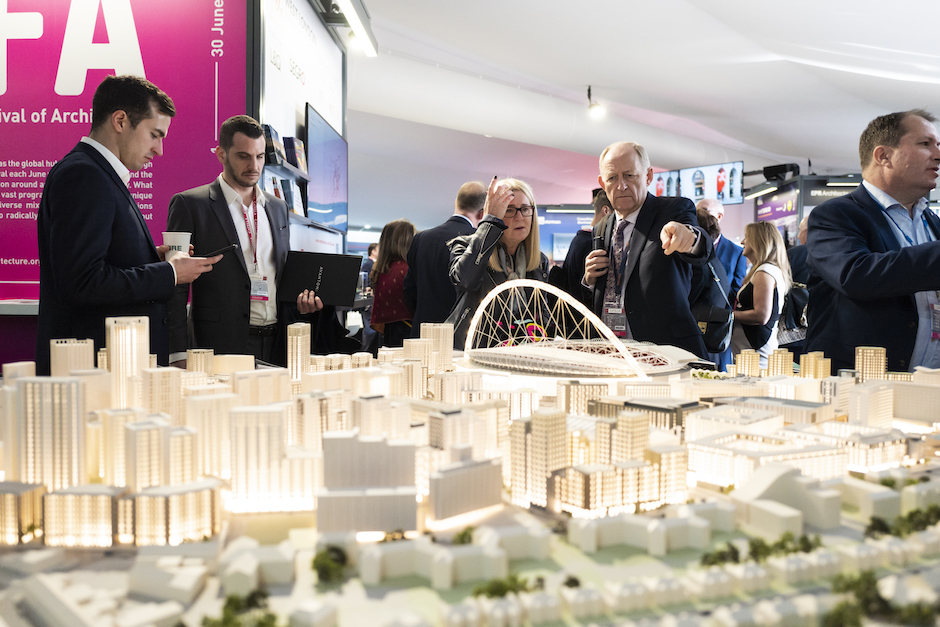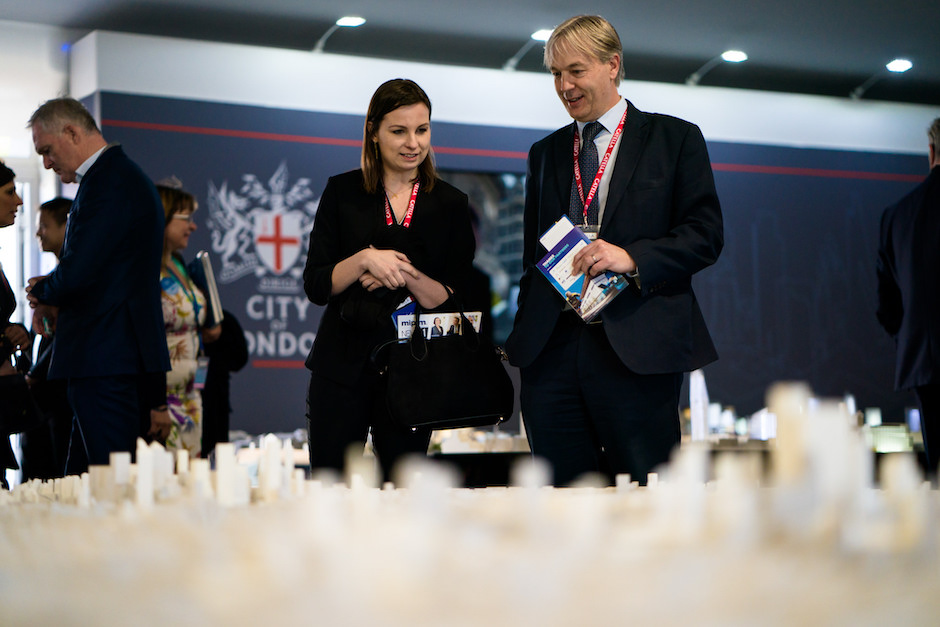Real Estate Sector At ‘Turning Point’: IE University
The faculty members of the IE University’s Global Master in Real Estate Development continuously analyse the real estate sector by looking for solutions and strategies that allow us to tackle the complex problems we face in the industry.
They say the data is clear: Due to Covid-19, the sector is at a turning point.
In the past year the world has seen a significant uptick in mortgage and rent defaults, increasing insolvency, the prevalence of e-commerce over retail, and hotels facing the lowest ever recorded revenue per room ratios.
Indeed, The Urban Developer reported that Sydney hotel owners earned just $51 per room booking per month in 2020, compared to $156 a year ago.
Based on indicators of market demand pre-pandemic, the excess supply in the sector from properties currently under development will affect all operational assets by lowering their current value, as well as their present and future profitability.
The global pandemic has transformed the real estate sector in many ways, they say.

“Sometimes the impact has been favourable, as can be seen from the acceleration of investments in logistics and last-mile (retail) fulfillments due to a skew in consumption patterns towards e-commerce,” Director of the Global Master in Real Estate Development Margarita Chiclana said.
“In other cases, the effect has been asymmetrical: Big cities such as New York and London have suddenly become empty, which has seen a disproportionate reduction of demand for micro apartments and a market shift towards bigger and wider homes, increasing their price.
“The negative effects have also left a clear mark with rising delinquency among retail and office tenants, closed shopping centres and high-streets, and hotels impatiently waiting for the return of prosperous tourism.”
What is going to happen after the pandemic? Will users swap activity-oriented areas like offices or giant shopping centres for more flexible, multi-purpose spaces? Or will society go back to “business as usual” and experience a boom in consumption once the global pandemic is over?
“So, what decisions are investors taking regarding assets currently under development? Will tenants go ahead, and use them like they always have?” Chiclana said.
“Will developments be delayed in order for investors to reconsider or transform their appropriate, effective use? Will the market see an increase in the supply of multi-purpose spaces that allow stakeholders to obtain more balanced assets from an urban, economic, and social point of view?”

Chiclana said the pandemic had made us question the profitability of cities, our way of inhabiting them, the use of common spaces, the design of neighbourhoods and general overall mobility around urban spaces.
Trends show that users are now looking for safer, healthier, and environmentally and socially responsible alternatives to the current offering, (name) said.
Having no historical comparables, we must set make co-operative talent and teamwork skills the cornerstone indispensable reference for the future.
“As IE University is an international university, its Global Master in Real Estate Development program combines top real estate professors and partners with master’s students from all over the world to create a positive ecosystem for networking and learning,” Chiclana said.
“This program will change the way you analyse and make decisions on complex problems, and will help you to identify new projects and perhaps take a new direction in your career.
“Profiting from their blended methodology, students will spend five weeks in the classroom (four in Madrid and one in Mexico City), and 15 months studying online–making this masters adaptable to your day-to-day personal and professional life.”
IE University is the first university to secure an alliance with C40 Cities.
As such, for their final project for the Global Master in Real Estate Development students develop a real-life project as part of C40’s global urban planning competition, Reinventing Cities.
Students choose from a variety of real projects from 30 different cities, and work with multidisciplinary team, tackling the 10 sustainability challenges to come up with a fair and environmentally-friendly recovery: Creating a city and a real estate business simultaneously, under ESG criteria.
The Urban Developer is proud to partner with IE University to deliver this article to you. In doing so, we can continue to publish our free daily news, information, insights and opinion to you, our valued readers.
















